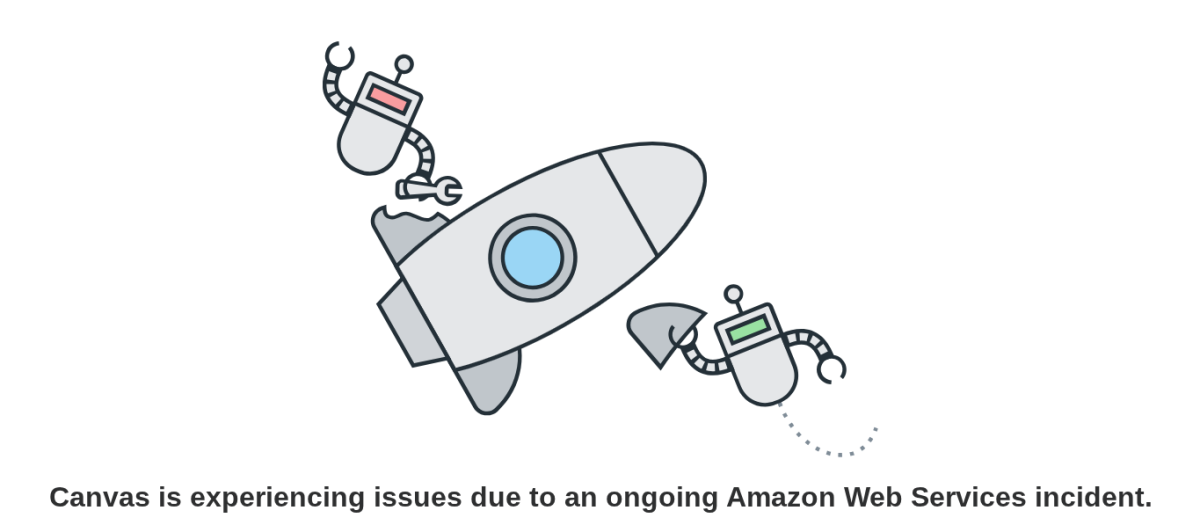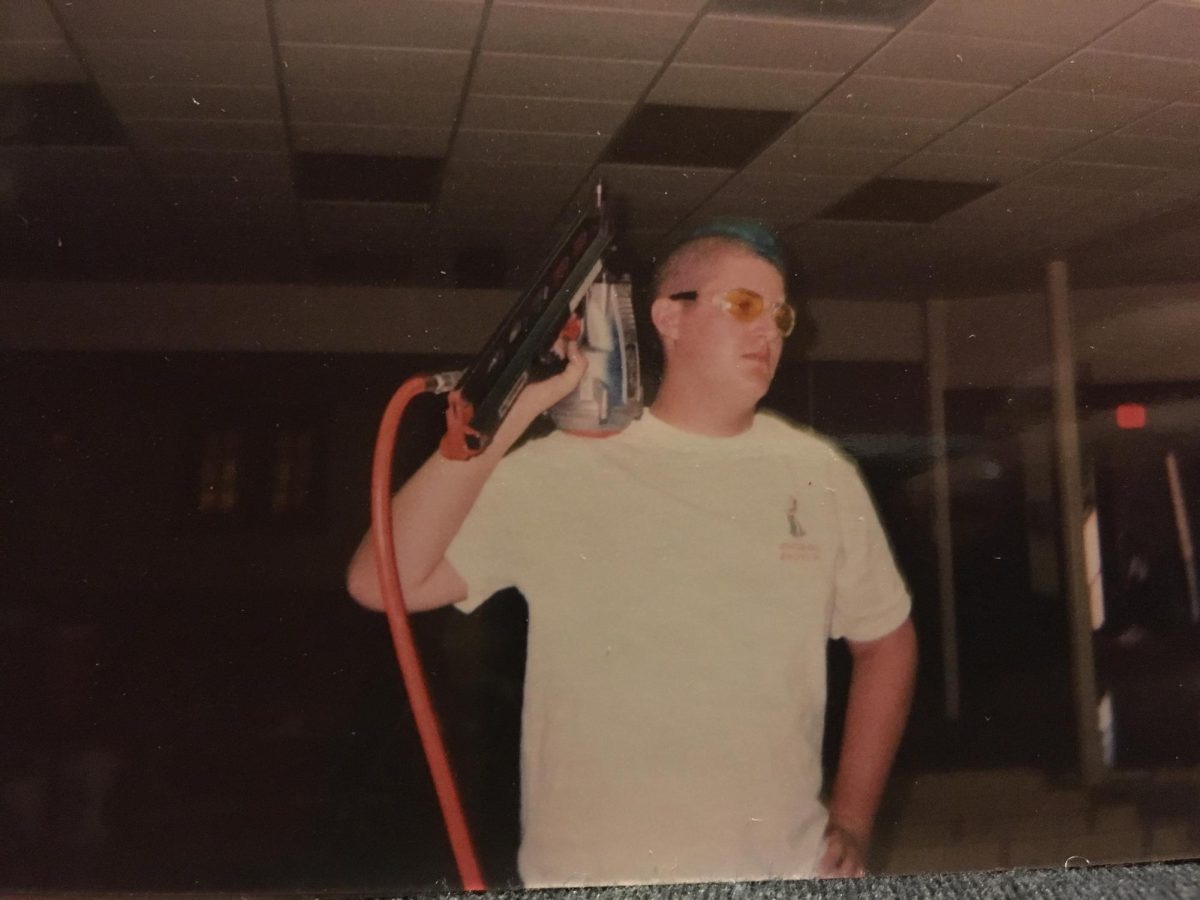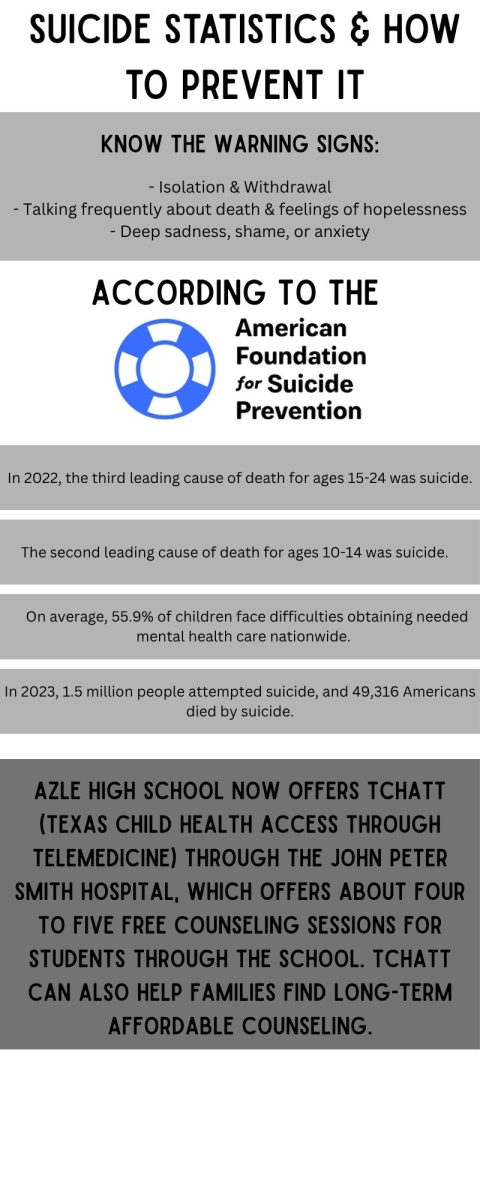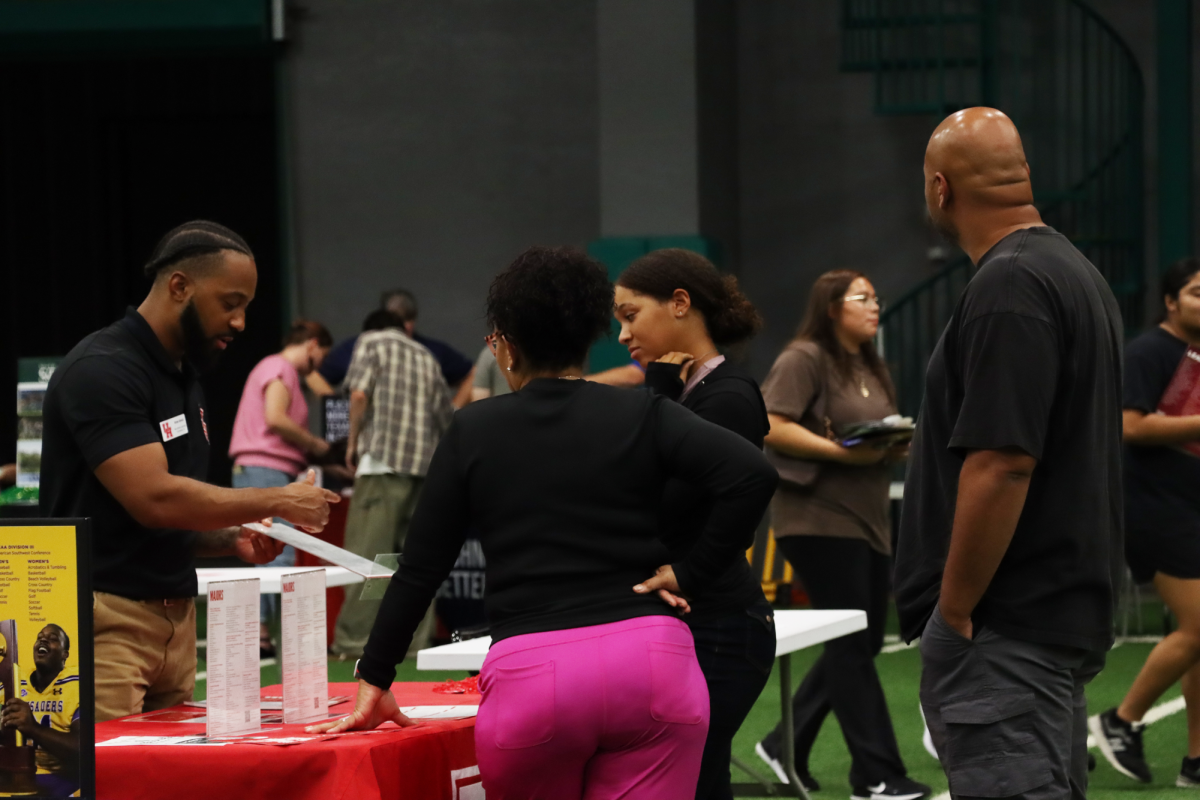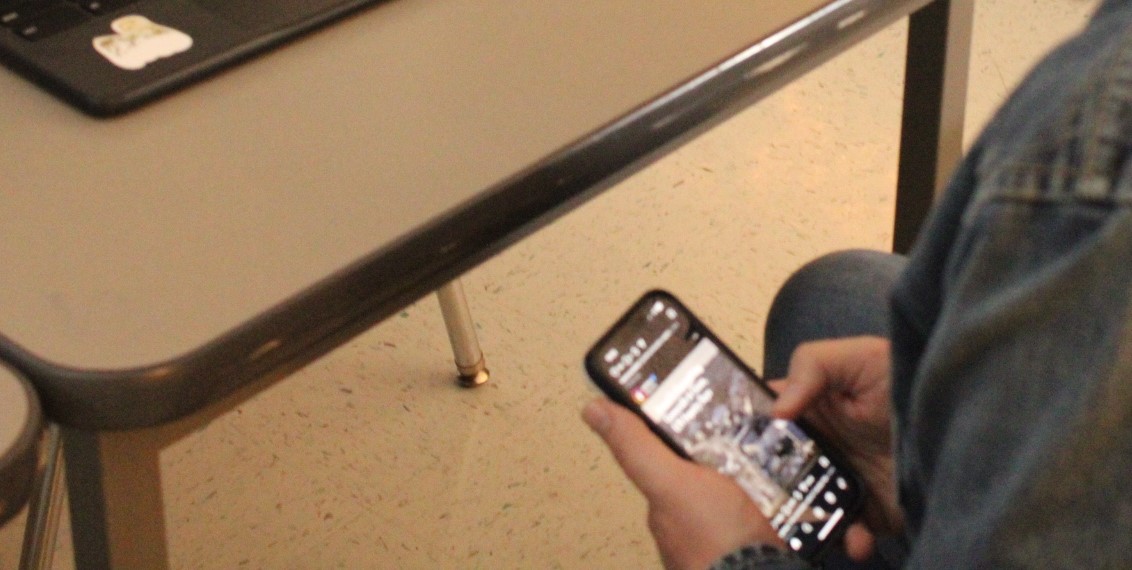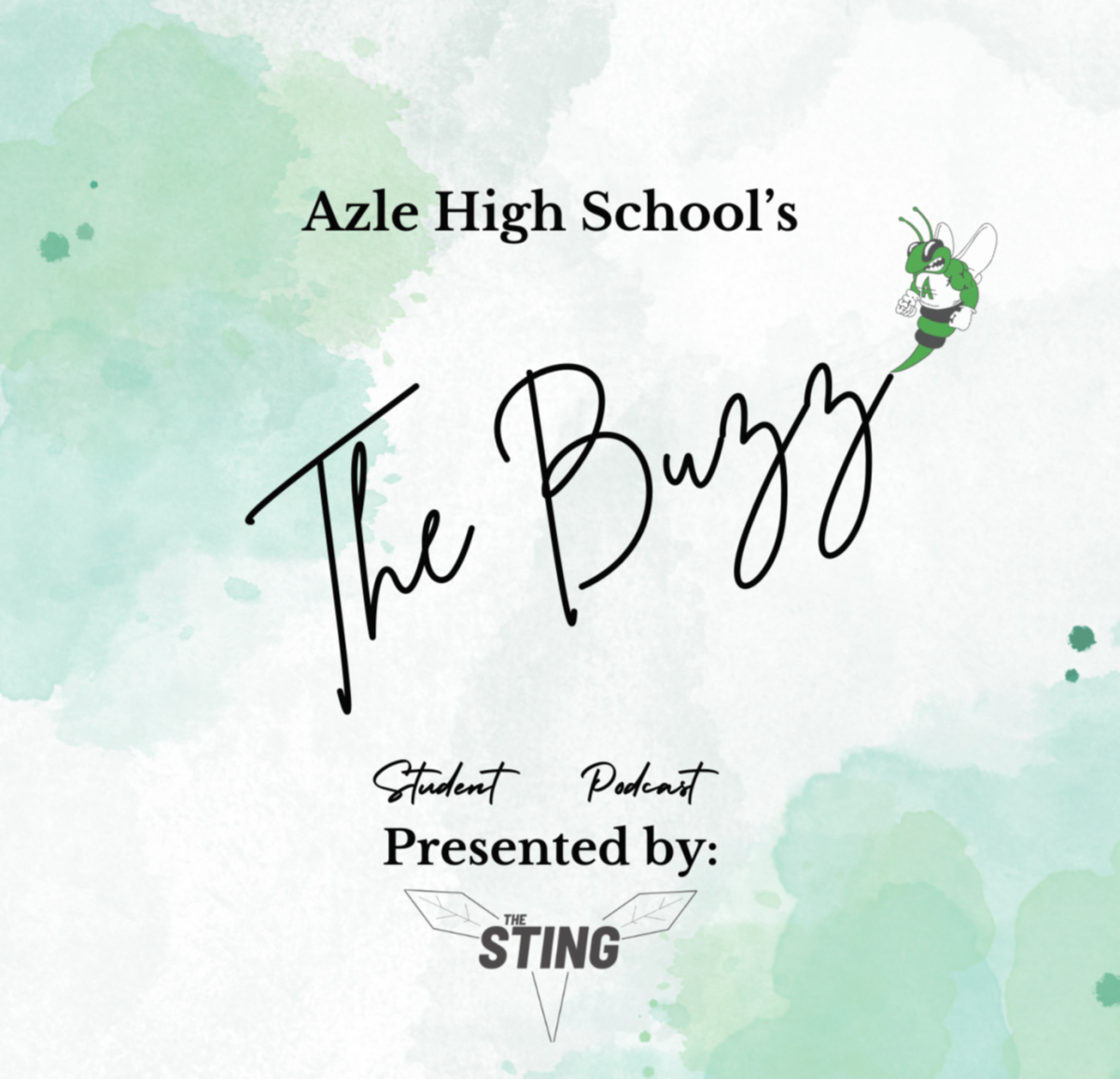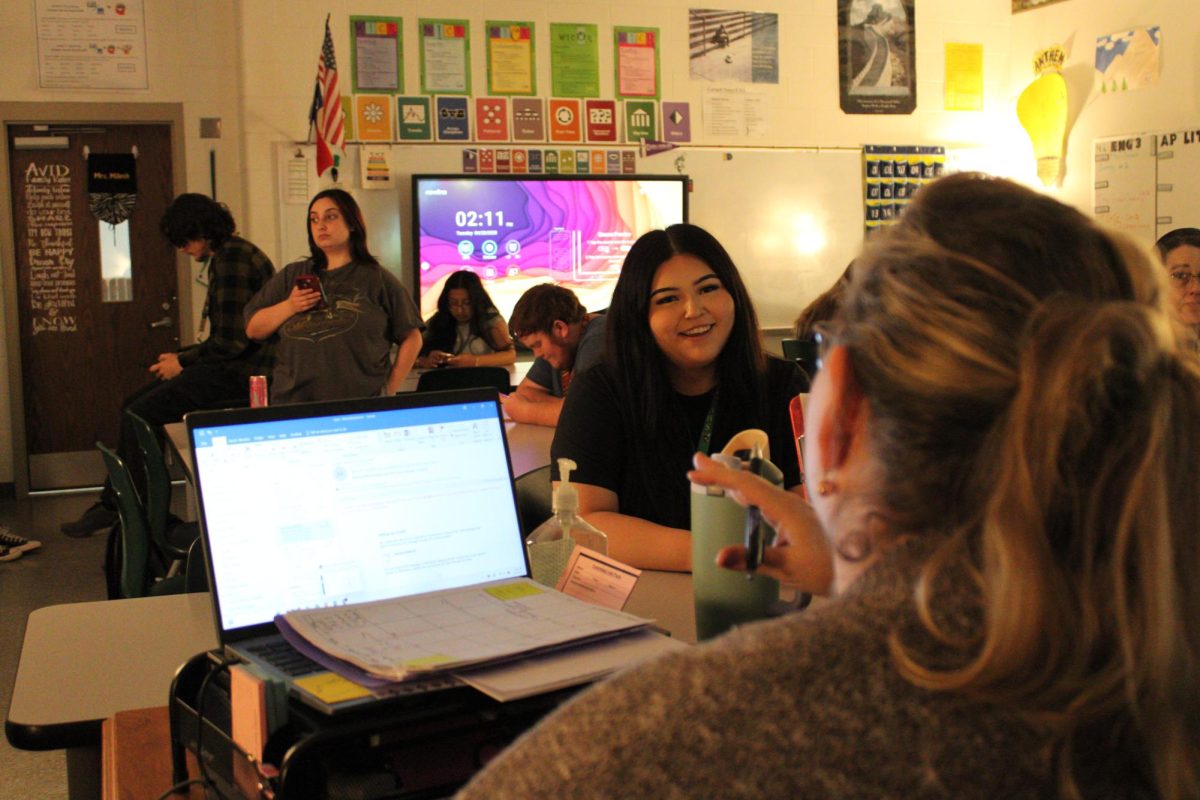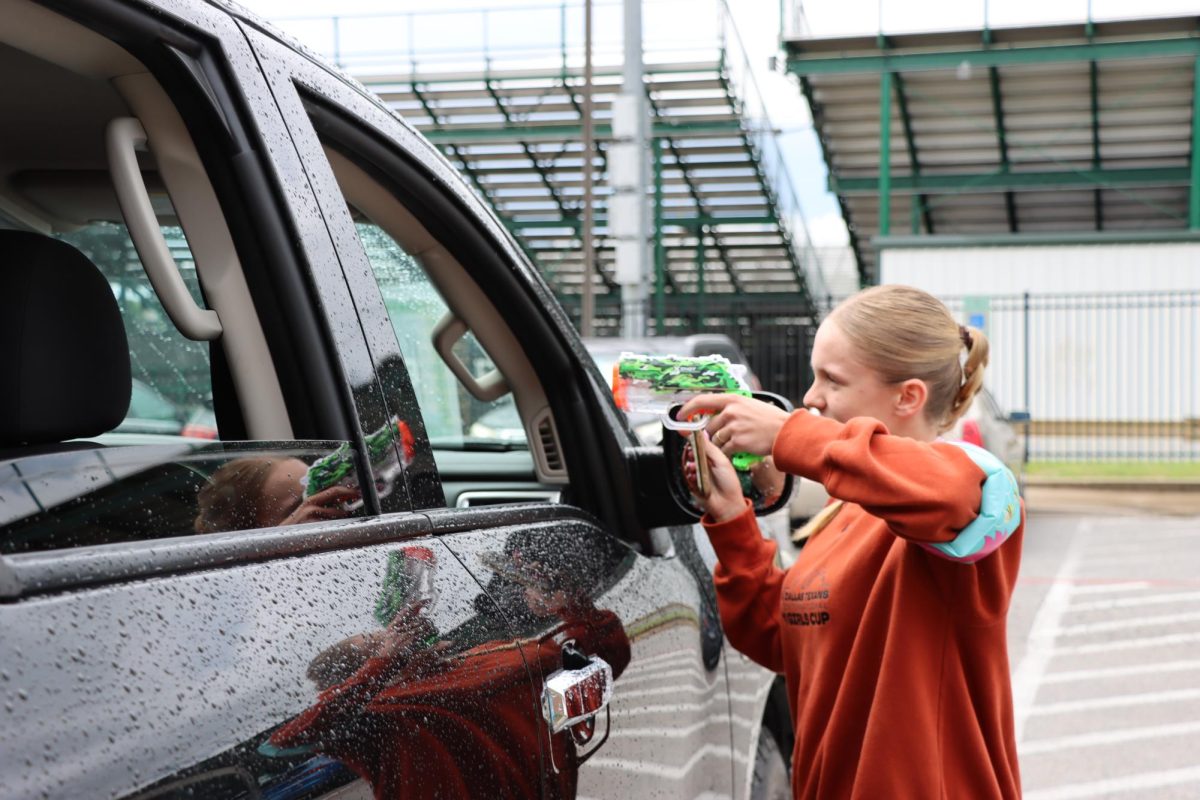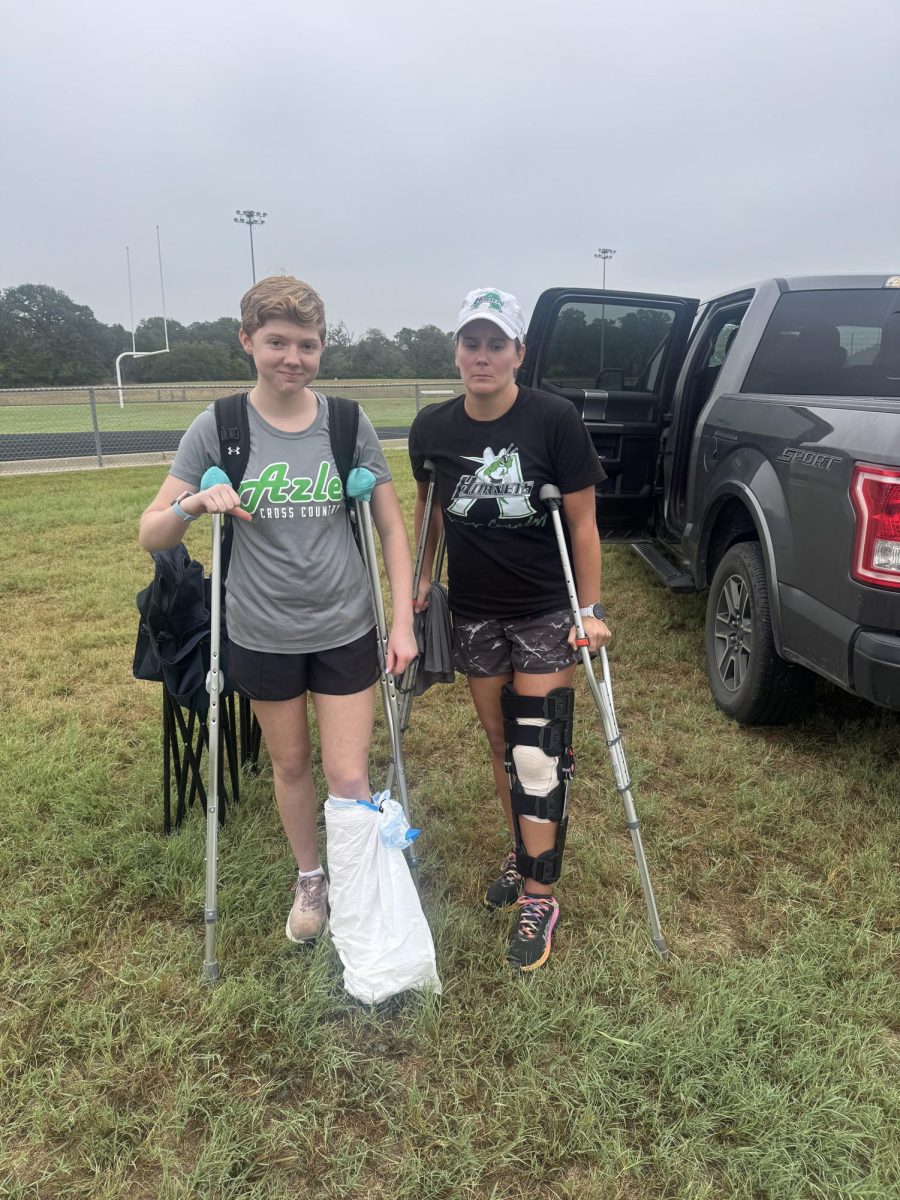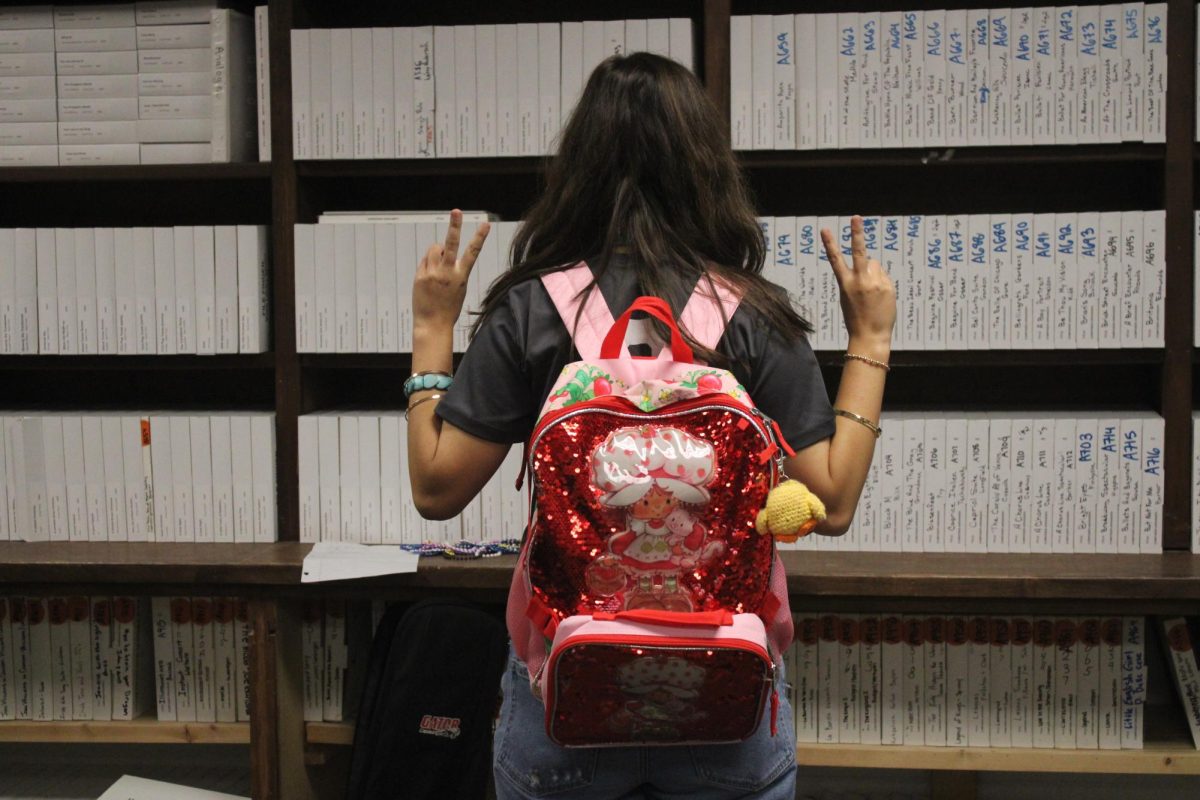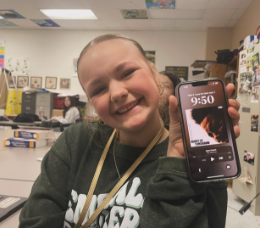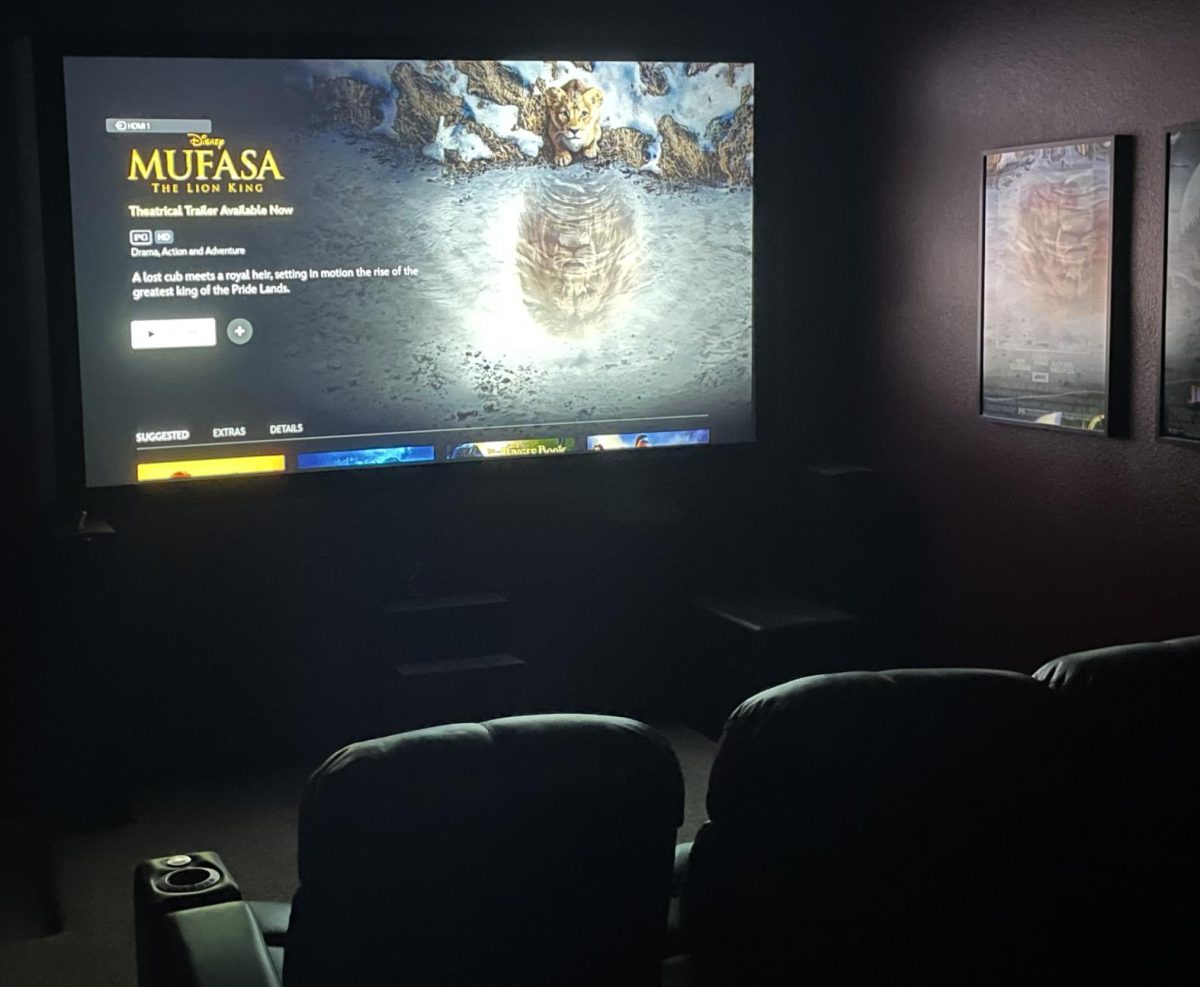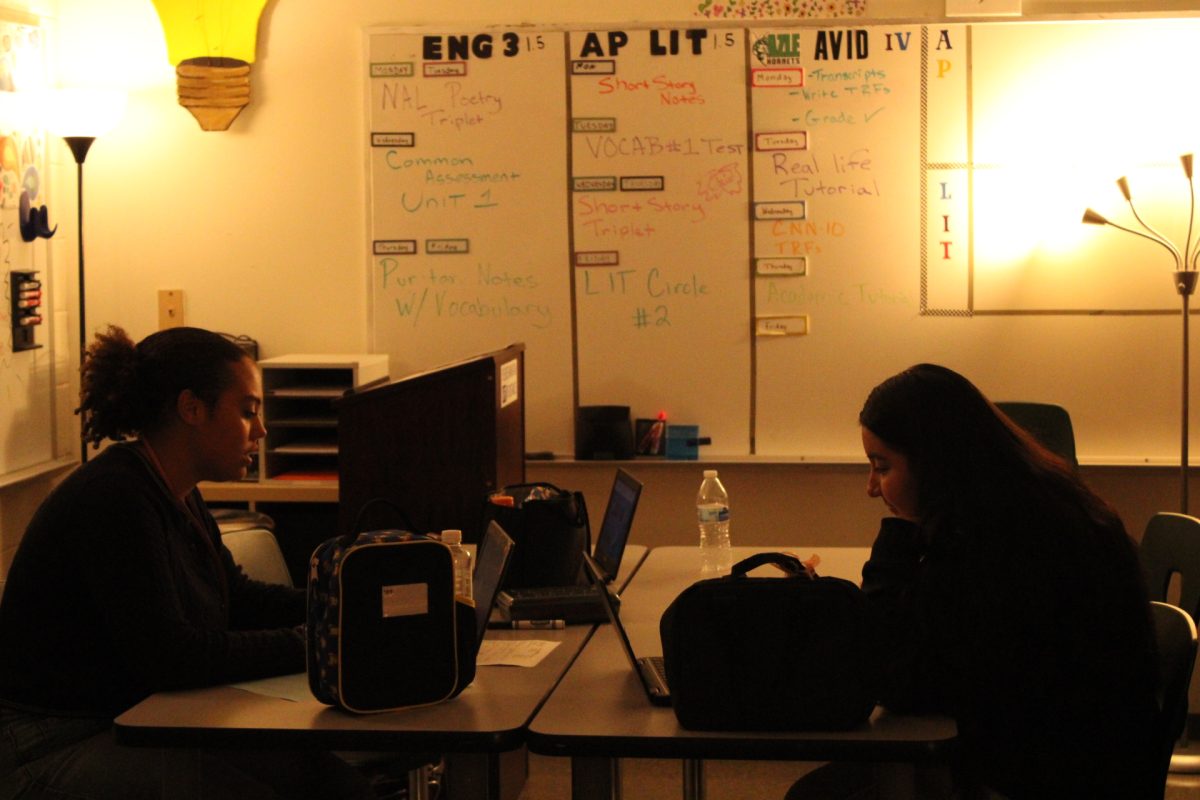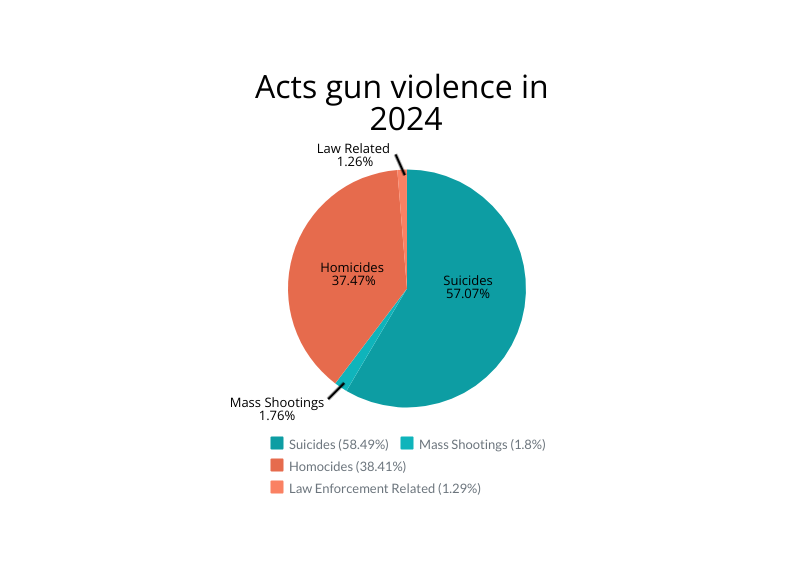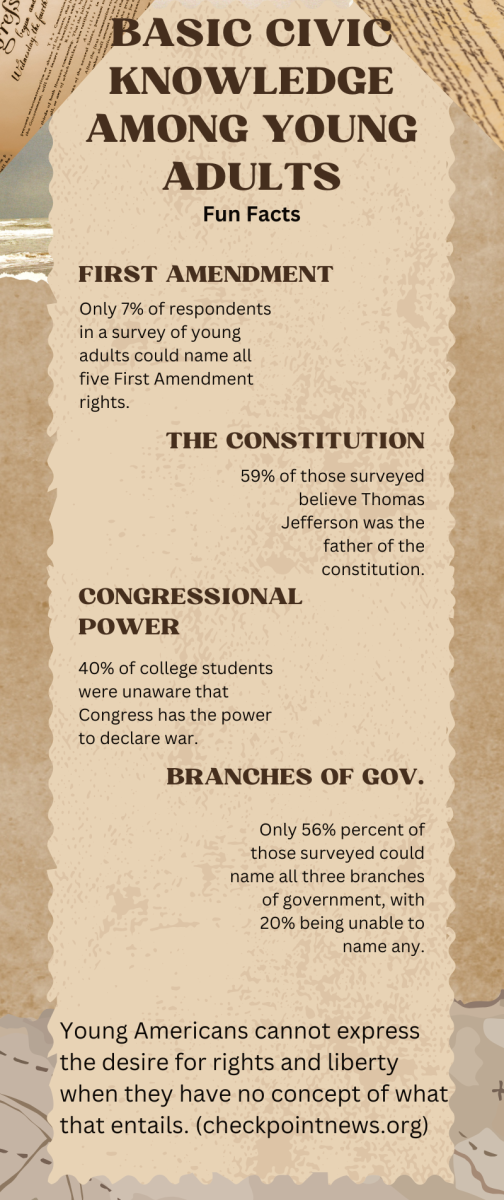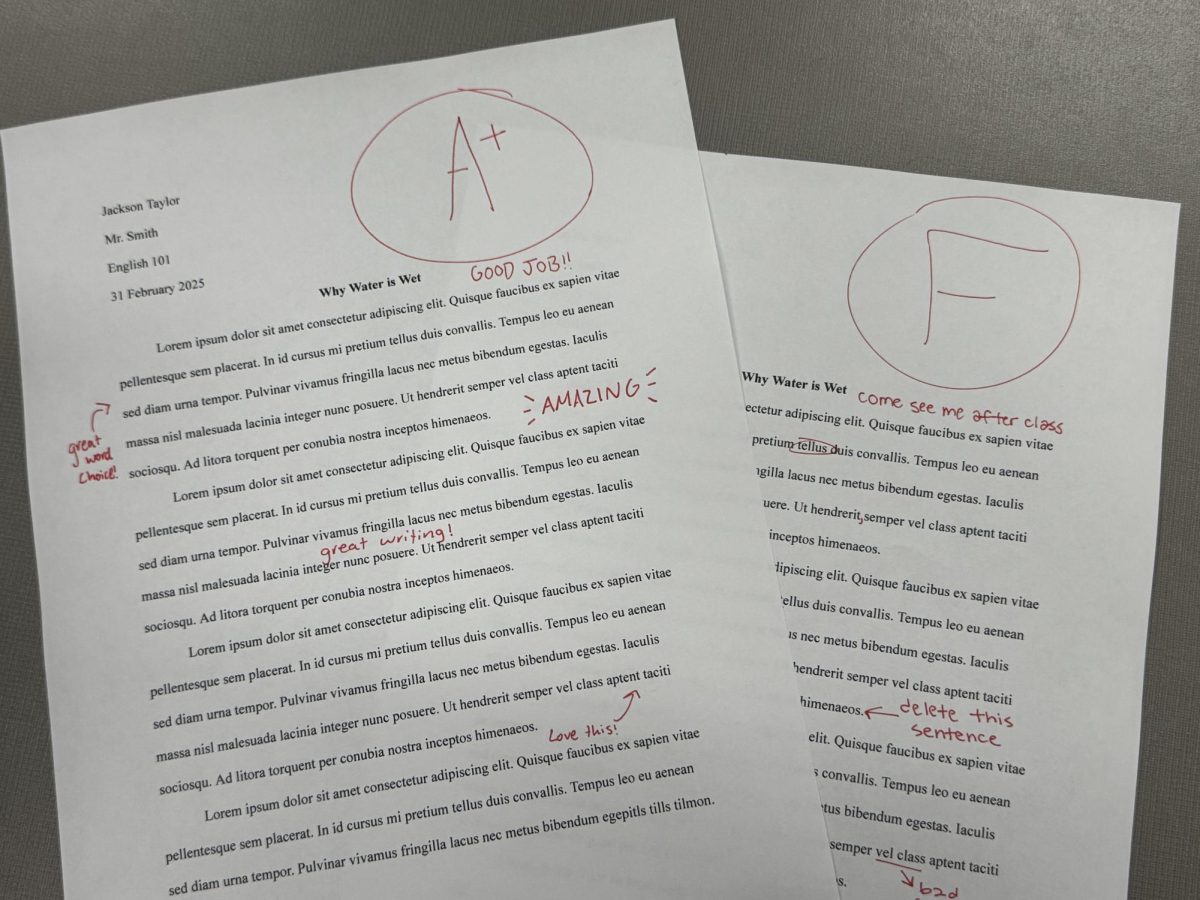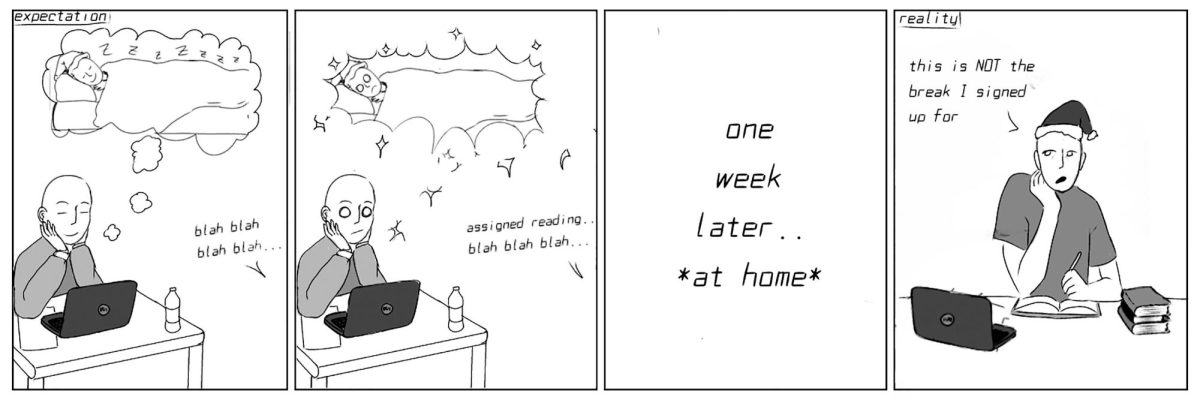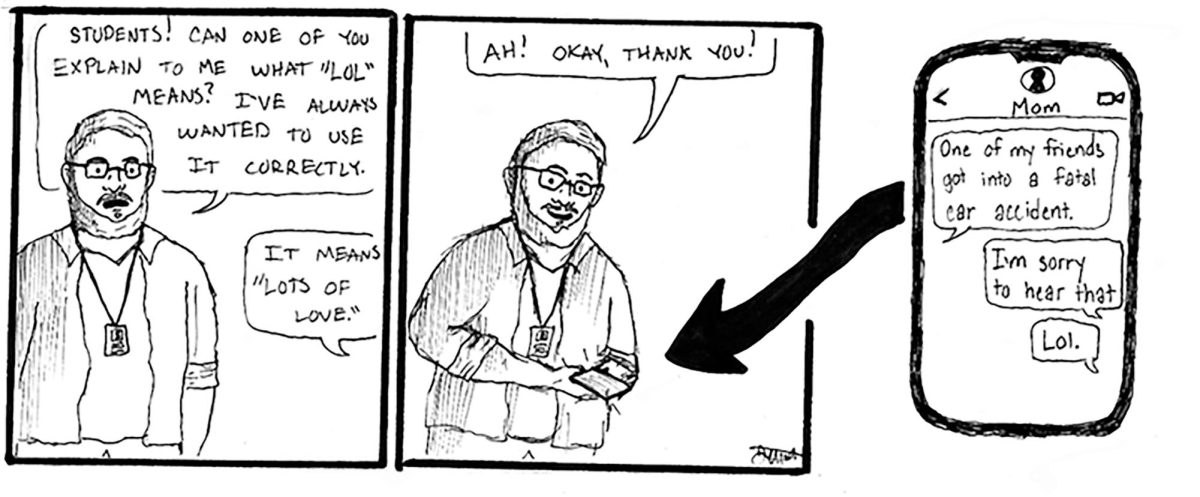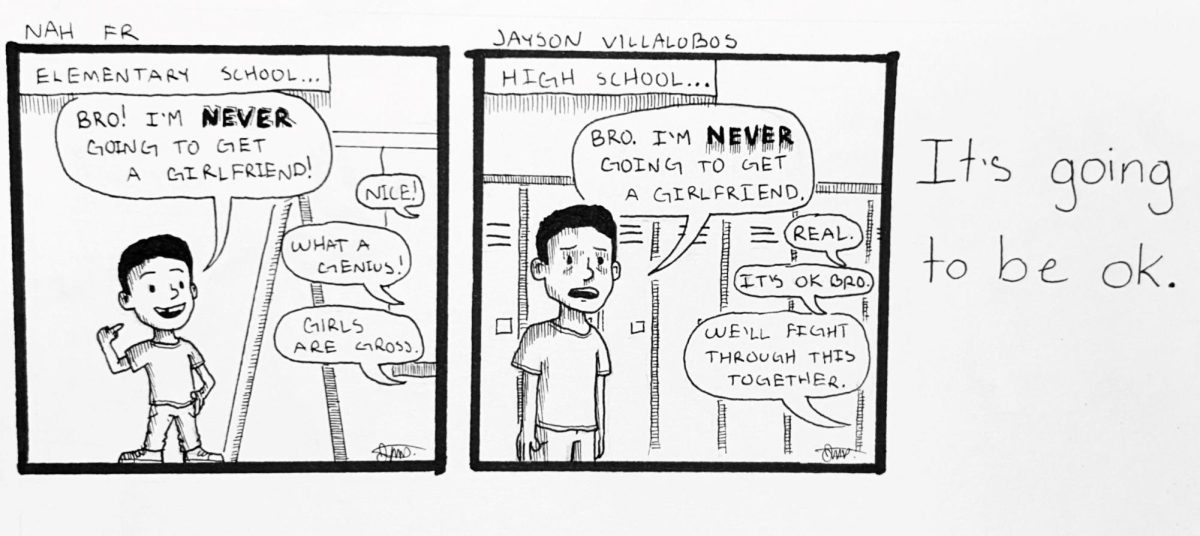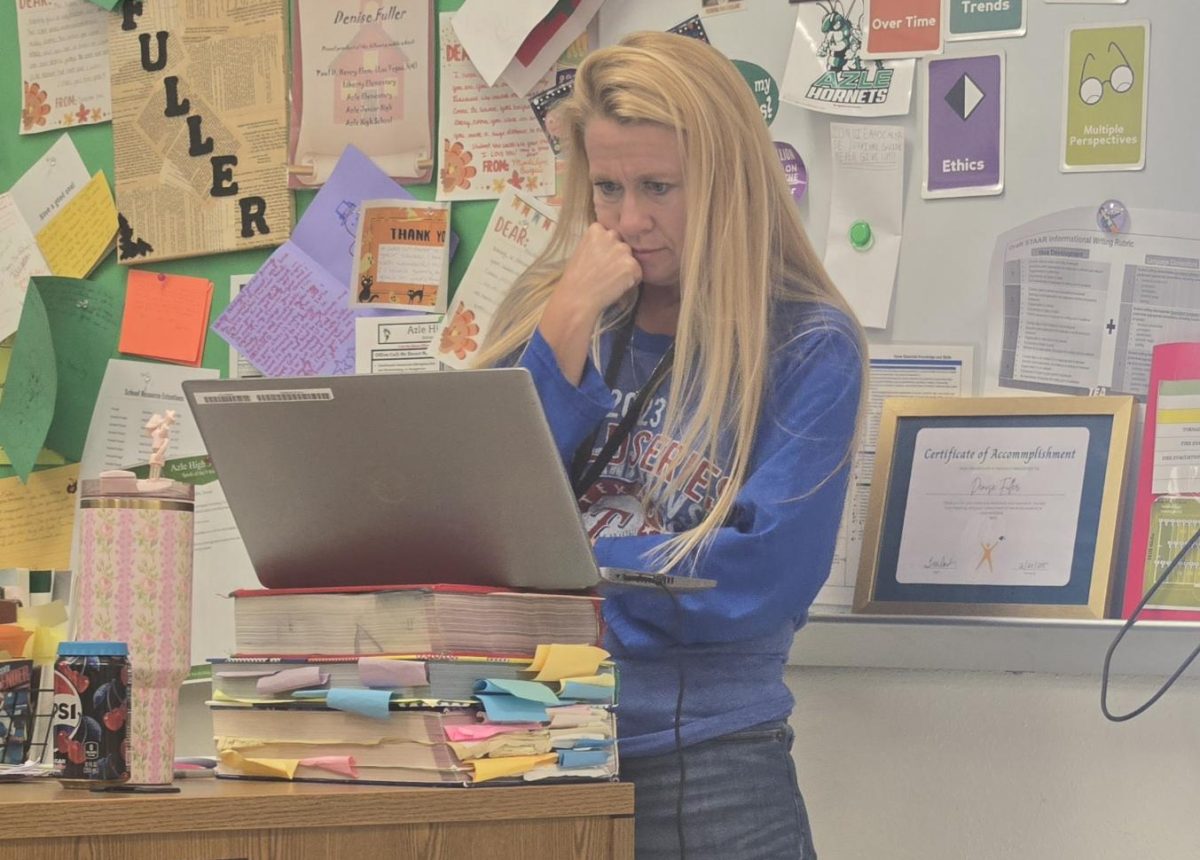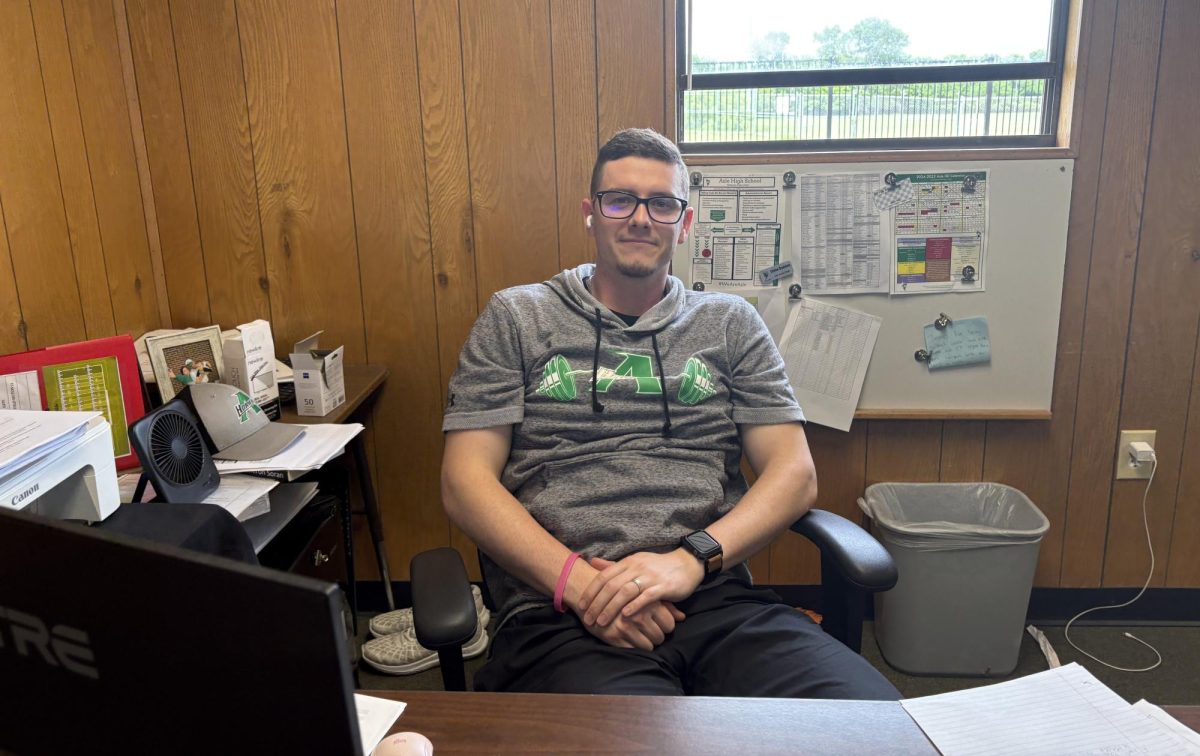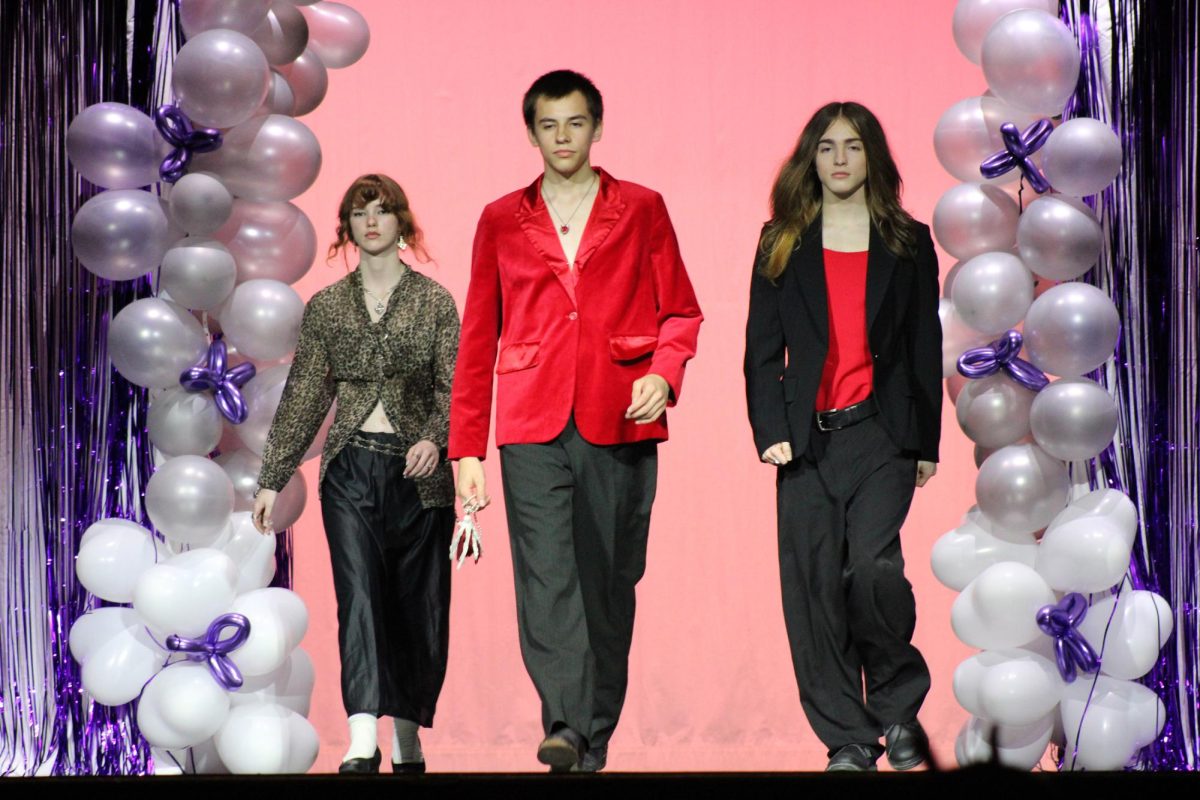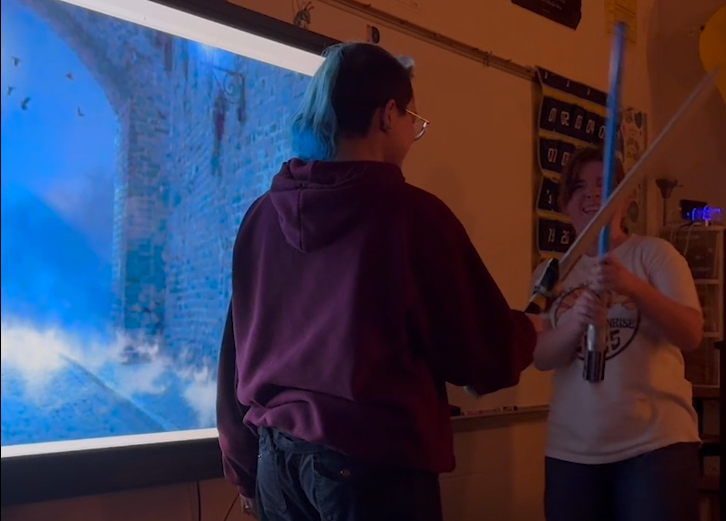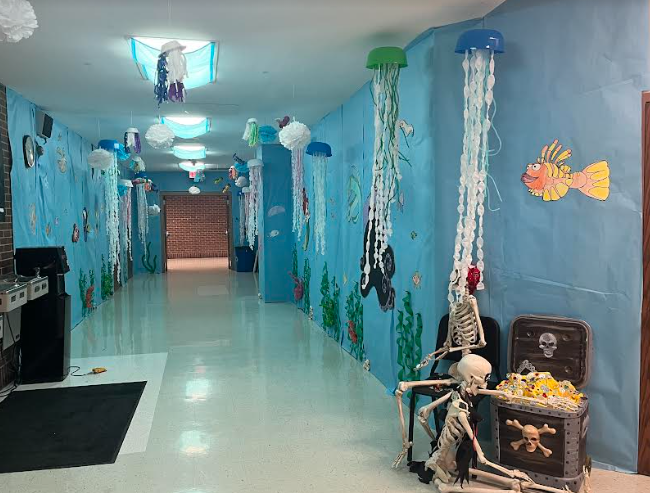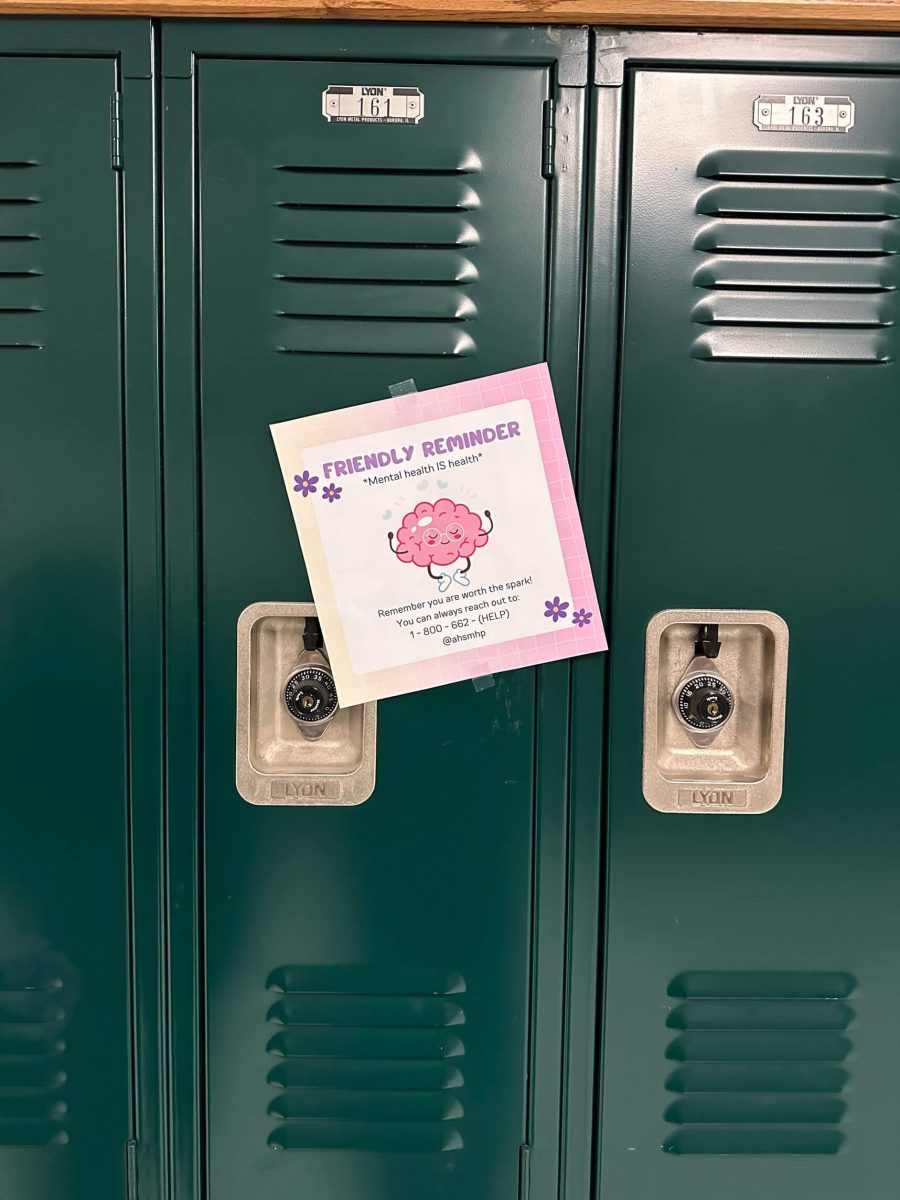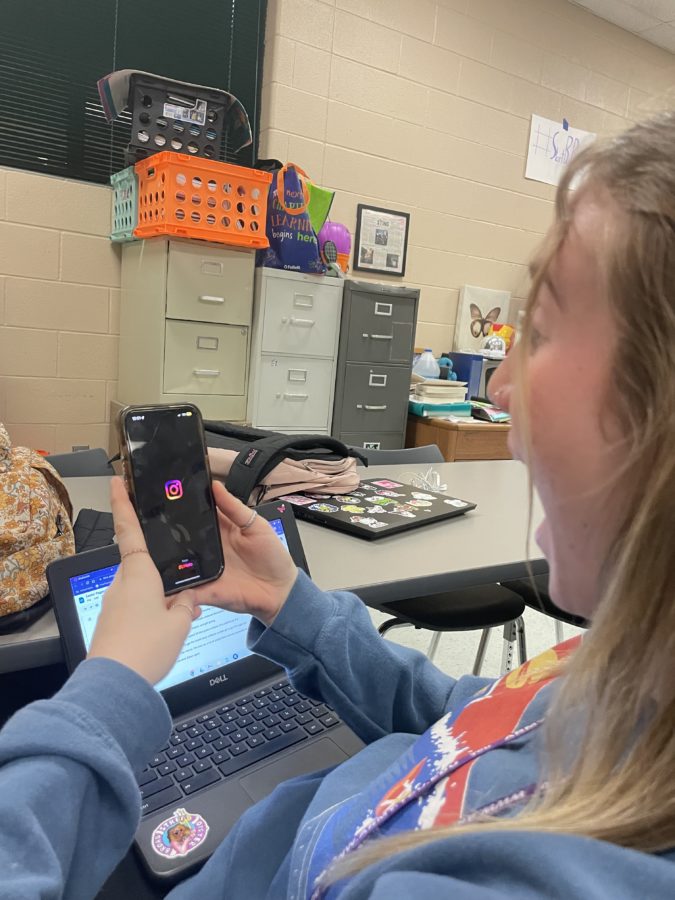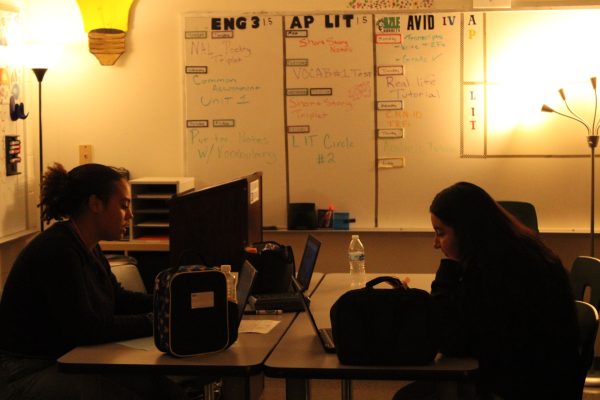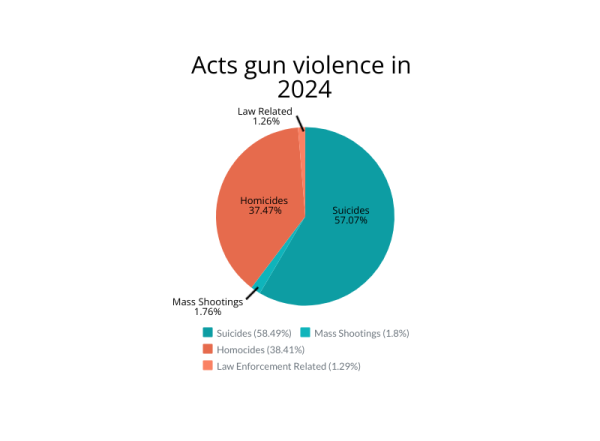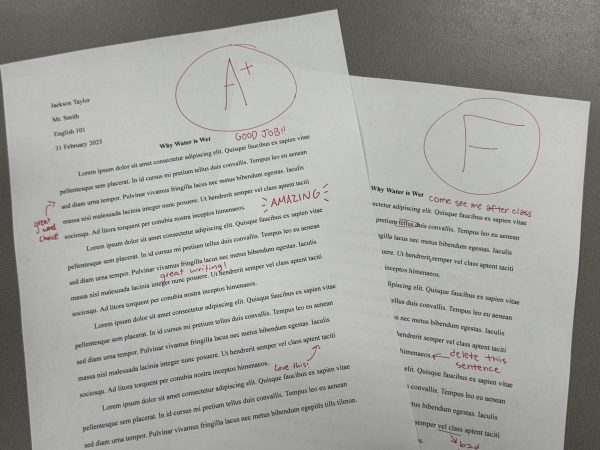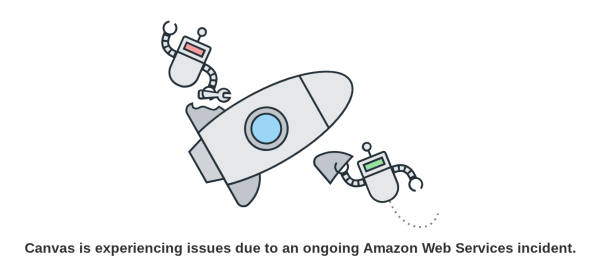Dopamine Chasers: Teens’ Brains on Social Media
Daytona Gravlin putting off work and opening Instagram.
Social media can be a distraction for everyone, especially when it comes to getting schoolwork done. Many students get distracted on their phones in class and don’t pay attention to what’s going on. Teens’ brains are still developing and social media can stunt that development causing teens to be hypersensitive to criticism and feedback.
According to an article on the American Psychological Association’s website, writer Zara Abrams says that “children who grow up checking social media more often are becoming hypersensitive to feedback from their peers” (source). Later on in life, this could affect these children when getting criticized at work or in sports causing them to shut down just at a small critique.
Social media has many pros and cons. It’s good for advertising and getting certain news out. However, it can be bad for teens who are constantly on social media when they should be doing their schoolwork.
An article on the University of North Carolina at Chapel Hill’s, The Well, explains that Carolina researchers have said that “Most adolescents begin using technology and social media at one of the most important periods for brain development during our lifetime” (source). Using social media at a young age has a negative impact on those young minds by causing major distractions, they’re constantly worried about what people are saying about them. There are teens who have developed eating disorders and many other physical issues due to social media. Many studies have been conducted to prove that the media, in general, isn’t always good for younger children or teenagers, because they’re less focused on in-person social activity.
Zara Abrams also says, “Between the ages of 10 and 12, changes in the brain make social rewards—compliments on a new hairstyle, laughter from a classmate—start to feel a lot more satisfying. Specifically, receptors for the “happy hormones” oxytocin and dopamine multiply in a part of the brain called the ventral striatum, making preteens extra sensitive to attention and admiration from others.”
The media can be rewarding, although negative feedback brings teens and young children down just as positive feedback brings them confidence.
Abrams writes, “It’s time we stopped trying to make a profit on kids’ developing brains.”
These Social Media apps are gaining profit from all their users and the majority are teenagers and children. Social media has a detrimental effect on everyone’s brain but more specifically teenagers and young children. These kids need real-life social interactions without that they develop anxieties and depression, the media is known to cause these issues in teens and young children. Instead of removing social media altogether maybe limiting time for younger kids is the best idea.

Hi, I'm Reese Emma! I am a senior and third-year newspaper writer. I'm the Co-Editor-In-Chief! I'm a reader and runner. I have three gorgeous dogs: Roscoe,...

